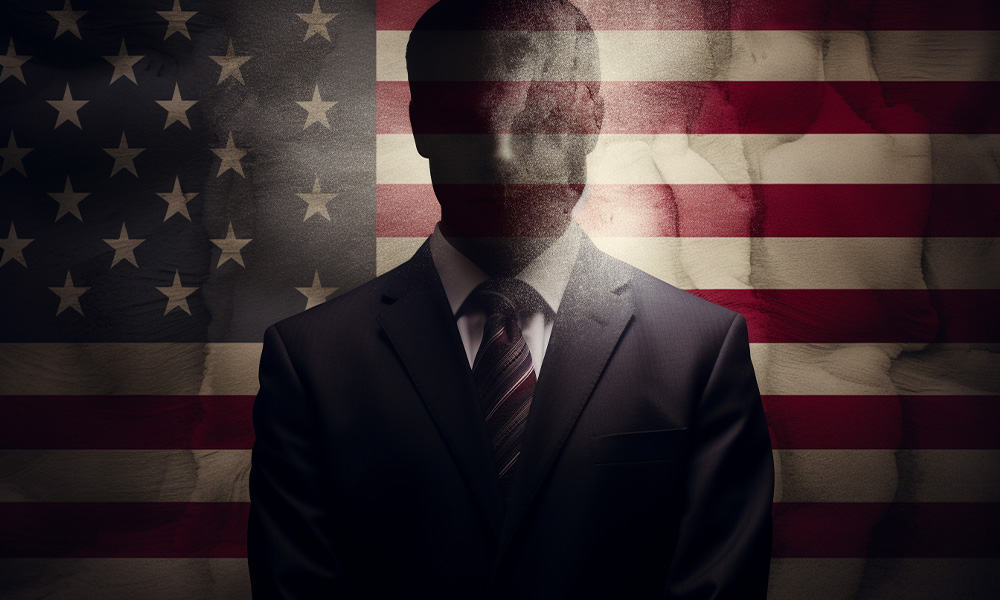The U.S. Embassy in Costa Rica has issued an alert regarding the proliferation of scams involving fraudulent job offers and visa opportunities in the United States. According to the Embassy’s Fraud Prevention Unit, more than 100 cases have emerged in recent months preying upon Costa Ricans seeking temporary U.S. work visas.
These sophisticated scammers lead victims to believe they can assist with securing American jobs or expediting visa applications. Alarmingly, many impersonate lawyers, recruiters or even U.S. government employees. Initial contact is often made via WhatsApp or social media platforms, later transitioning to video calls where fake documents are provided to build trust.
Victims are then instructed to make payments ranging from $200 to $3,500 using services like Western Union, PayPal, Venmo or Zelle. However, the U.S. Embassy never communicates with applicants via WhatsApp or video chat, a clear red flag.
Individuals looking for legitimate U.S. job opportunities should only use the accredited site seasonaljobs.dol.gov. Visa applicants should exclusively use ustraveldocs.com, exercising caution with any other website offering similar services.
The Embassy emphasizes that the U.S. government never uses third-party platforms like Western Union or Venmo to collect visa payments or immigration fees. Transferring money to personal accounts is a common tactic used by scammers to defraud victims.
Additionally, valid visa applications do not require medical tests, financial statements, or U.S. bank accounts. Any such requests should be deemed suspicious.
It’s also vital to note only official emails from the U.S. State Department end in @state.gov. Communications from other federal entities invariably use .gov. Be wary of .com, .org, or .us variations. The sole exception is the official ustraveldocs.com site.
By remaining vigilant and skeptical of any unsolicited offers for U.S. jobs or visas, Costa Ricans can avoid falling victim to these fraudulent schemes. If you suspect a scam attempt, immediately cease communications and alert the U.S. Embassy. Protect yourself and exercise extreme caution when receiving offers that sound too good to be true.






